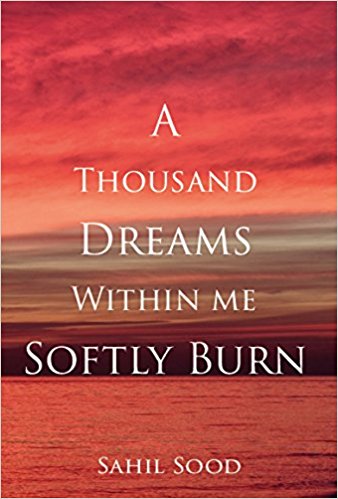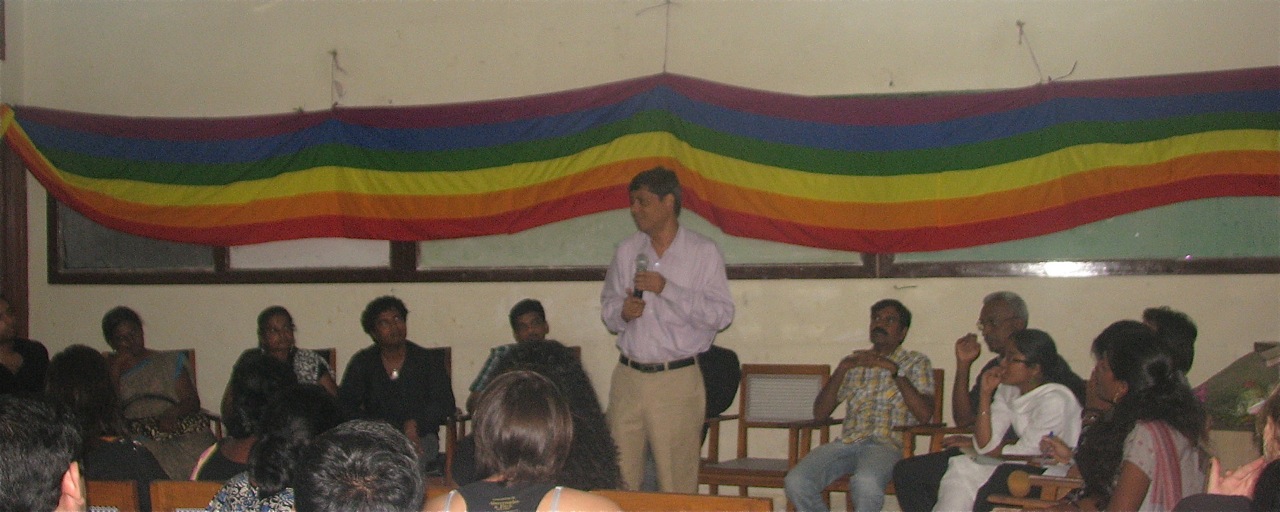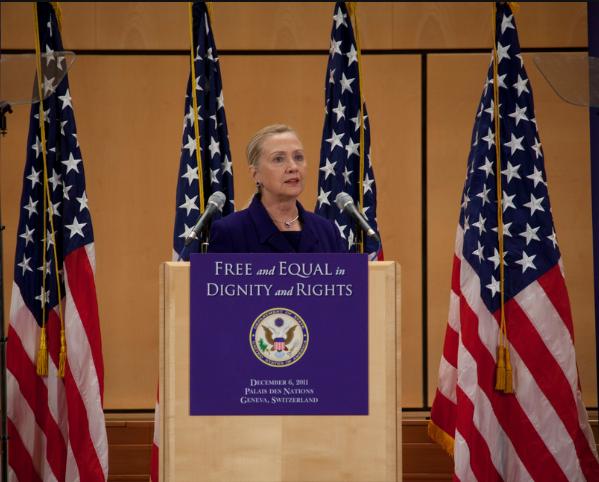Privilege and Preference
“Iyers preferred,” wrote the mother of an LGBT activist in Mumbai, in what is being hailed as the first gay matrimonial advertisement to be published in a mainstream Indian newspaper. She later clarified that the statement was included partly in jest, and that there was only a slight preference for Iyers, especially on the part of the older members of the family. We are further informed that this “preference” implies no sense of superiority or desire to discriminate against members of other castes. It is, we are told, just what it is – a slight preference for social (and sexual) intercourse with people like oneself, especially for such a deeply intimate relationship.
If that is all there is to it, then surely one wouldn’t grudge the mother and the son the quest for a partner of a similar disposition or background. The tendency to seek people similar to oneself for intimate relationships is a natural tendency in most people. For instance, South Asian migrants in other parts of the world often seek comfort in each other’s presence. To deny people this comfort is to mandate a world where everyone is not just equal, everyone is also homogeneous and completely alienated from community life. Such a society cannot tolerate diversity, pluralism, and any deviation from a set norm. In its most extreme form, French republicanism tries to create such a society, and we should certainly guard Indian republican thought from such homogenizing tendencies.
Those of us who wish to assert communal identity must, therefore, think very carefully about the sources of “similarity” and “difference” we are recognizing and celebrating through our actions, and also about how these actions may be interpreted by others around us. To give an example, if a “gay” support group bars gender-queer or transgender persons from participating in its meetings, then is that merely a way to ensure that cisgender persons feel comfortable among people like themselves? And does it carry the same normative valence as barring straight-cis people from support group meetings?
The underlying discourses used to distinguish between “us” and “them” should be the central concern. Distinguishing between straight and queer, in this case, turns on the common challenges undergone by most, if not all, queer people due to the heteronormativity of dominant social institutions in their daily environment. Building solidarity around this definition of community might eventually lead to resistance against heteronormative institutions through political action. On the other hand, denying participation to gender-queer and transgender persons merely reinforces the discourse of gender-normativity regardless of the intentions of cisgender men, even if they consider their preferences to be “innocent” of any discriminatory intent.
Community, then, is never strictly apolitical and non-hierarchical, nor does it ever remain caged within the intimate or private sphere. Private actions have public consequences, not least due to the fact that economic power is unequally distributed in society. Community formations are constantly either reinforcing hegemony or adding to the resistance against hegemonic forces. We only have to choose which side we are on.
Back to the advertisement now, what is the discourse of caste that this advertisement invokes? Surely this has something to do with the larger discourse of caste, in which Brahmins hold themselves to be intrinsically sacred and are encouraged to maintain the sanctity of their body by shunning intimate contact with people of other castes? The invocation of this discourse may or may not be intentional, but doesn’t it nevertheless have the same effect? After all, not only does it communicate to the potential marginalised caste reader that they ought not to aspire for a match with someone who is in a superior social position, it also locates that superiority in the circumstances of birth itself.
Caste-based discourses are not set in stone and do change over time. If we were to inhabit a utopian world where being a Brahmin gave a person no advantage over being a Dalit, and no greater source of authority, there would be no cause for complaint. In that utopian world, caste might be reduced to a mere preference for a certain kind of community with its specific religious and cultural practices. Whether such an ideal world is possible, I do not know. But I am certain that is not the world we live in, despite the fantasies of upper-caste gay men in India.
In the world we live in, caste cannot be separated from the hierarchical ordering of society.
Unless we recognize that, we will be party to the perpetuation of caste-based hierarchies in India.




